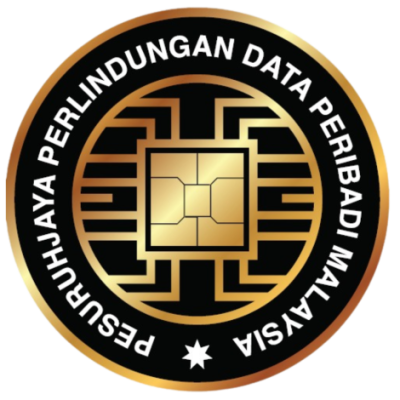- Data Subject Rights
You have rights when a person or organization collects and records your personal details for the purpose of a commercial transaction.
1. Being told the purpose of our personal data being processed by an organization or in other words for what? Data users who obtain your personal information must provide:-
2. Your right to access personal data if necessary.
3. Your right to correct our personal data that has been processed
4. Your right to withdraw the permission to process the personal data if you feel that you are no longer interested in the matter.
5. We need to know our right to prevent processing that may cause damage or distress.
6. We also reserve the right to prevent processing for direct marketing purposes.
7. The right to freedom from automated decision-making
8. Right to refuse direct marketing calls or mail
1. Being told the purpose of our personal data being processed by an organization or in other words for what? Data users who obtain your personal information must provide:-
- The name of the organization or person collecting the information or from where they collected the information;
- The reasons they need personal data;
- Any other information you may need to ensure that they handle your personal details fairly. For example the details of an organization or other person to whom they will disclose your personal details.
- If an organization or individual has obtained your personal data from someone else who is not directly from you, they must notify you that they hold your personal data and notify the original data user.
2. Your right to access personal data if necessary.
- Users or parties who manage or hold your data must:
- Collect personal data in a fair and lawful manner;
- Personal data will only be stored for the purposes for which it was collected;
- Personal data stored for a specific purpose at the time it was collected cannot be used for any other purpose;
- Personal data will not be disclosed to any party (disclosed) except for the purpose for which it was obtained and the consent of the data subject;
- Personal data must be accurate, up-to-date and related to its use;
- Personal data will not be stored longer than necessary;
- An individual has the right to be informed about the data stored and to be able to access the data;
- Efforts to ensure data security are the responsibility of data users;
- Information on personal data storage policy hendaklah terbuka kepada awam.
3. Your right to correct our personal data that has been processed
- If there are organizations or individuals who hold your personal data, then you can ask them to confirm this. They must tell you the purpose for which they hold the personal data. You can request this information for free.
4. Your right to withdraw the permission to process the personal data if you feel that you are no longer interested in the matter.
- If you find that a data user has stored information about you that is incorrect, you can ask them to change or delete those details.
- Similarly, if you feel that an organization or person has a legitimate reason to hold your personal data, or they have taken these details in an unfair way, you can ask them to change or delete these details.
- In both cases, you can write to the organization or person, explaining that there are incorrect details.
5. We need to know our right to prevent processing that may cause damage or distress.
- You can also ask data users not to use your personal details for purposes other than their primary purposes.
- You can write to the organization or person, explaining that there are incorrect details and taking action to correct them.
6. We also reserve the right to prevent processing for direct marketing purposes.
- If the data holder holds personal details about you for direct marketing purposes, you can ask them to remove those details. You can do this in writing to the organization or person who holds the details. They must tell you if they have done according to your request.
7. The right to freedom from automated decision-making
- In general, important decisions about you based on your personal details should have human input and not be automatically generated by a computer, unless you agree to this. For example, the decision might be reliability.
8. Right to refuse direct marketing calls or mail
- If you do not want to receive phone calls from direct marketing, you should contact your phone service provider. They will make a note of your request. You can also decline the call by asking the caller not to contact you again.
- Organizations must obtain your permission before they contact you via facsimile machine or automated dialer for direct marketing purposes.
- An organization also needs to get your permission before they send electronic mail to your computer or before they send a text message to your cell phone.

